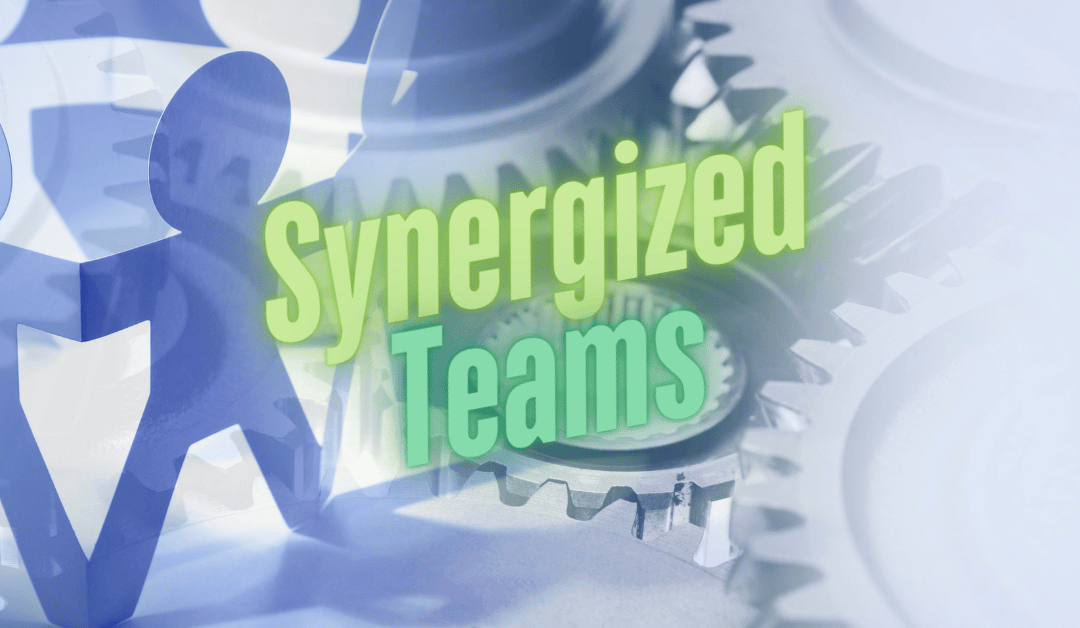
Walk into any business, and you’ll find a few people carrying more than their fair share—the ones everyone relies on, the ones who always seem to figure things out, the ones leadership bends over backward to keep happy.
They get the big raises. The promotions. The praise.
And that’s all well and good—until they burn out. Or leave.
Or worse, until you realize that your company was never supposed to rely on a few “superstars” to keep the wheels turning in the first place.
A Business Built on a Few Heroes Will Eventually Collapse
Here’s the problem: when a business leans too hard on a handful of fixers, doers, and geniuses, it creates a culture of dependency, not efficiency.
The signs aren’t always obvious:
- The go-to person for everything is always behind.
- Other employees hesitate to make decisions.
- If one key player leaves, everything slows down.
It’s not that these employees aren’t valuable—it’s that they’re covering up deeper problems.
A company shouldn’t need one or two people to keep things moving. A company should be built on a foundation that moves smoothly on its own.
Systems Win Championships, Not Just Star Players
If you want an efficient business, your employees need to be set up to succeed—not to save the day.
That means:
✅ Cross-training employees so knowledge isn’t locked inside one person’s head.
✅ Giving people the tools and authority to make decisions without needing a hero to sign off.
✅ Fixing broken processes so no one has to “figure things out” every single time.
When you build a culture where the business runs well no matter who is on vacation, who gets sick, or who moves on, that’s when you know you’ve built something strong.
The question isn’t, “Do you have great employees?” It’s, “Have you built a company where any employee can step up and do great work?”
And if the answer is no, then it’s time to fix it.

